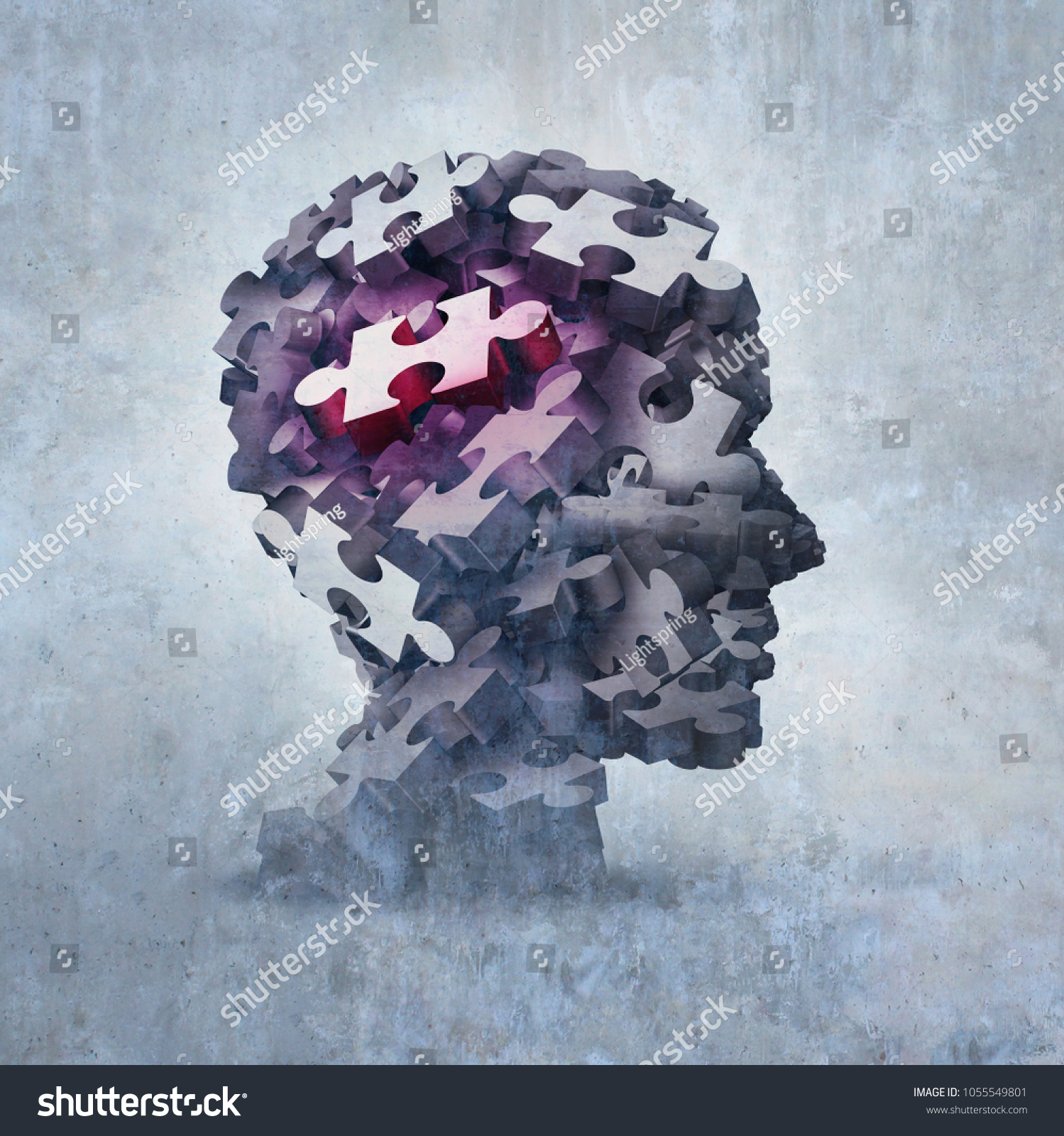-
Puberty and Psychopathology

How does being a pre-teen make us more at risk for mental illness? And why do some people come out of puberty with mental health concerns, while others don’t?
-
Using Evidence-Based Study Strategies to Optimize Your Learning

Students are rarely taught how to study and often choose inefficient study strategies as a result. In this article I discuss what leads students to choose these strategies and offer alternatives backed by research in cognitive psychology and education.
-
Baby Talk: Why your child may not be as chatty as their friends.

Parents and teachers of young children often express fears of a child’s language delay. A missing piece of this conversation is the wide variety of language skills at early stages in development that are all within normative ranges.
-
I’ve Been Thinking about Going to Therapy, Now What?

One of the biggest barriers to people seeking mental health treatment is not knowing how to connect with a therapist. How can you find a therapist? What questions should you ask prospective therapists?
-
Understanding the Architecture of the Brain: An Introduction to DTI

There are many methods for studying the brain, from literally slicing it to look at it under a microscope to injecting radioactive tracers into it to see where a particular neurotransmitter is located. Diffusion tensor imaging (DTI) is a relatively newer approach to studying the brain, but what is this method, exactly?
-
Why Can’t We Quit Fake News?

We know fake news is bad for us and for society, yet the presence of fake news continues to grow. In this post, I discuss three psychological reasons why we continue to fall victim to fake news.
-
Thinking about Schizophrenia: Evolutionary Explanations

How can debilitating mental illnesses like schizophrenia survive when evolution favors survival of the fittest? Evolutionary psychologists explore ways in which psychosis or psychosis-risk may have been advantageous for our ancestors.
-
Early Adulthood: Changes and Challenges

Early adulthood is a time period in an individual’s life that is characterized by both external and internal changes. What do we know about this stage of development, and why is it important for psychological researchers to continue to explore it?

